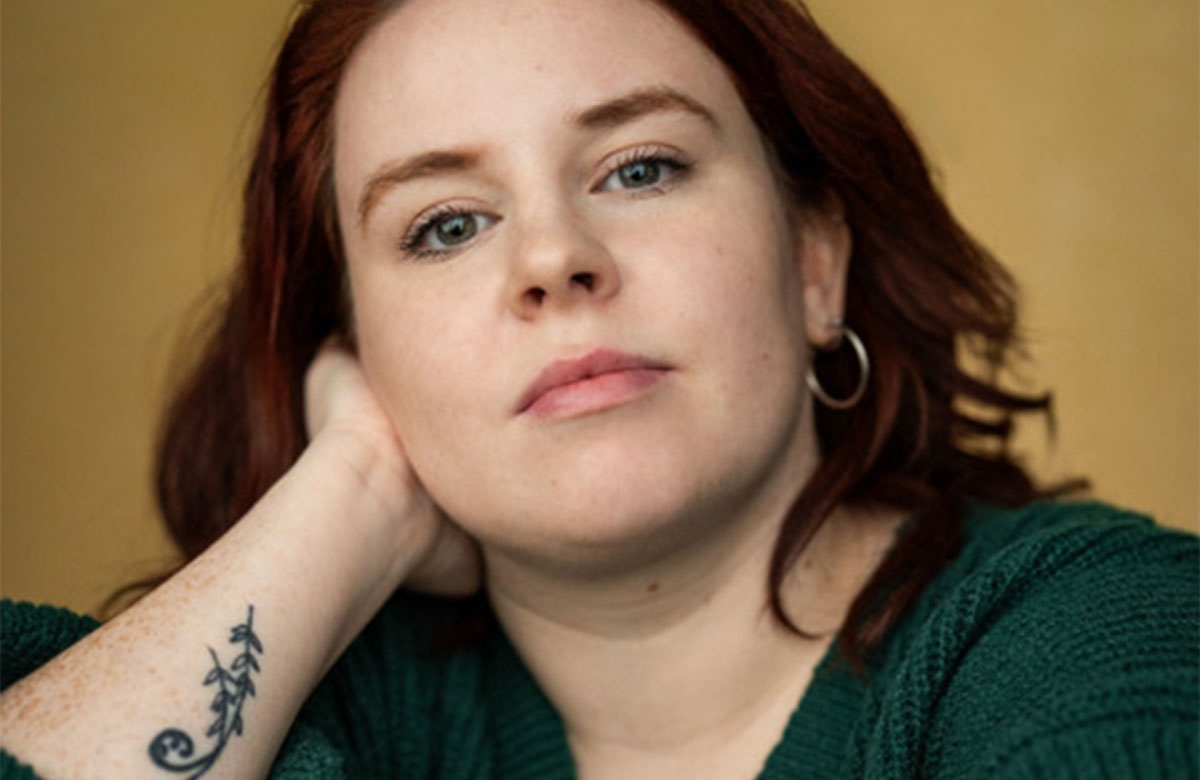Fighting for fame the Wilford way
Isabel Wilford swapped Hollywood for the London stage in the twenties and quickly made a name for herself with a string of successes. Christopher Moor looks back at the life of a determined and talented lady
New Zealand-born actress Isabel Wilford made a big impact in the West End when she burst on to the stage in October 1927. A determined young woman who “didn’t give a darn” for anything she achieved in her career other than what she had earned for herself, she definitely had no intention of joining those sons and daughters of famous fathers who claimed a hereditary right to fame. And Wilford’s father Sir Thomas certainly was famous – well, in New Zealand. He led the country’s Liberal Party and later became New Zealand’s High Commissioner in London.
When his pretty, fair haired daughter tasted her first West End success in The Garden of Eden, she stepped on to the Lyric stage without the support of her family in the audience. Discriminating theatregoers disappointed at missing their indisposed darling Talluah Bankhead needed to make no allowances for her understudy. The Daily Mail reported that she played the part of Toni Lebrun to perfection.
The prolonged first night applause was no instant success for Wilford, who had served her acting apprenticeship in American silent movies and while touring Australasia in JC Williamson theatrical productions.
Isabel Lilian Wilford was born in Wellington, New Zealand, on June 7, 1896. Before deciding on an acting career, Wilford gained performing experience on the local Opera House stage in several productions for the Wellington Amateur Operatic Society, including Les Cloches de Corneville (1915) and La Mascotte (1917).
By 1920 she was in California making her professional debut as a maid in a poorly received filming of Sir James M. Barrie’s play What Every Woman Knows. She apparently cherished happy memories of the movie as she took a photo of the cast into her dressing rooms for good luck. As well as gaining film experience in America, Wilford had acted in Hollywood theatrical productions of Mrs Dane’s Defence and Mrs Temple’s Telegram.
She joined JC Williamson’s company of Paddy the Next Best Thing in Wellington during December 1921. NZ Theatre and Motion Picture gave its readers no reason for her coming home, although her decision to return may have been influenced by her own declared preference for stage work. For Williamson, she toured in such popular plays as The Bat, The Cat and the Canary and If Winter Comes. She played Julia Pendleton in the Nellie Bramley Company of Daddy Long Legs and opposite Maurice Moscovitch in his 1925 tour of The Merchant of Venice and The Great Lover. Now with considerable theatrical experience behind her, Isabel Wilford sailed for London where she found work as the understudy to Olga Lindo in The Best People.
After her Garden of Eden triumph, Wilford appeared in a succession of West End plays. She played the American Billie Doré in A Damsel in Distress (1928) with such finesse that one national daily called her “that charming American actress”.
The last weeks of 1929 saw the busy actor moving from a short run of He’s Mine with Tallulah Bankhead into a Christmas Eve opening of A Warm Corner at the Princes. By 1931, Wilford was earning £20 a week in London’s West End, starring as Anne in Lean Harvest. Her low-key role of a “very real lovable person” was said to have “an existence outside of the play”.
Wilford accepted a marriage proposal from Edward Penrose-Fitzgerald, a British businessman, who she married in Lima Peru, on January 11, 1934.
“I am giving up the stage for good,” she said, “and all my roles in the future will be concerned with domesticity.” A daughter, Sarah, was born in 1935. Back in London again by early 1938, Wilford appeared set for a minor stage comeback. A small part in a Noel Coward play lured away her away from her self-imposed domesticity. Rehearsals were underway when illness forced her withdrawal from the cast of Operetta.
From this point little appears to have been written about her life. Isabel Penrose-Fitzgerald accompanied her husband to postings in India and Mexico City before settling in London, where Who Was Who in the Theatre recorded she enjoyed skating and theatre-going. She died on May 10, 1979, aged 82 years.
Opinion
Opinion
Most Read
Across The Stage this weekYour subscription helps ensure our journalism can continue
Invest in The Stage today with a subscription starting at just £7.99







